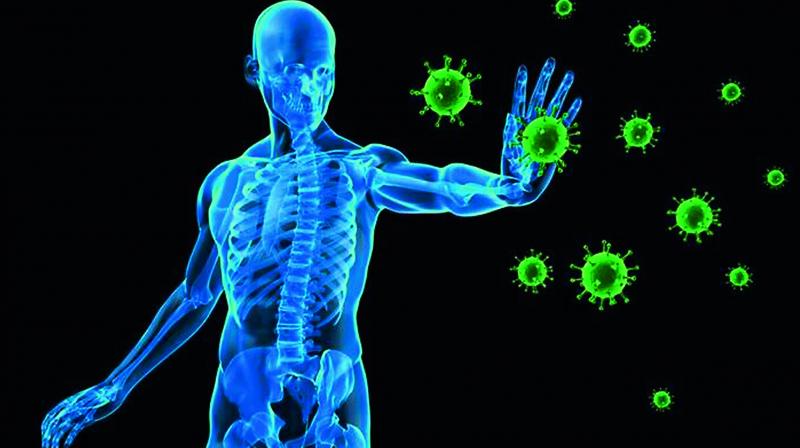Immunotherapy, The future of Cancer treatment

Cancer immunotherapy is a powerful form of treatment that uses the power of a person’s own immune system to fight the dreaded disease. This relatively new treatment is swiftly gaining ground worldwide for having fewer side effects and better survival rates than the traditional chemotherapy and radiation treatments.
The revolutionary procedure, which has been making waves even in India has, however, now come under the scanner for a troubling side effect. Reports have estimated that one percent of the patients receiving immunotherapy have developed diabetes as an irreversible side-effect. The treatment in some patients has led their bodies to stop producing the glucose-regulating hormone insulin, thereby causing diabetes.
This implies that with the increasing popularity of immunotherapy, there is also an increase in the likelihood for people undergoing the treatment to develop forms of diabetes involving dangerously high to extremely low glucose levels which in turn entails a lifetime dependency on insulin injections.
This discouraging finding led the Parker Institute for Cancer Immunotherapy, JDRF, and the Helmsley Charitable Trust to announce a $10 million research initiative last week, designed to identify what was causing drug-induced diabetes among cancer patients.
A rough estimate of the current scenario in India indicates that roughly 80 lakh Indians report suffering from cancer every year, and around 80,000 — 90,000 of these happen to be from Hyderabad.
As immunotherapy is set to become more prevalent in India, we spoke to doctors to understand their views on the treatment and its side-effects.
Dr Vamshi Krishna, consultant medical oncologist, Apollo Cancer Hospital, Hyderabad, underlined that immunotherapy is an evolving treatment that is usually prescribed during the final stage of the disease, and sometimes in its earlier stages. “Although diabetes can be a possible side effect, it is still rare and found in less than one percent of the patients undergoing the treatment. A more common side effect is thyroid dysfunction, while the most dangerous one happens to be hypopituitarism — which affects the pituitary gland at the base of one’s skull,” he said.
Even though immunotherapy is not yet as widely used as surgery, chemotherapy, and radiation therapy, it has been approved for the treatment of many types of cancer.
Even though it is clearly a good alternative, it’s fairly expensive, especially in India — where most of the drugs used in the therapy are imported from abroad. “The cost of treatment will certainly decrease after pharmaceutical companies begin manufacturing biosimilars in India,” he said.
Dr Mohit Agarwal, consultant and unit head, medical oncology at Fortis Hospital, Delhi, added that the benefits of immunotherapy outweigh its risks. “Not every patient will experience deadly side-effects. It is obviously important, however, to keep monitoring patients for symptoms. If a patient shows signs of abnormality, then we modify treatment accordingly,” he said.
Immunotherapy has been around in India for four to five years now. With increasing research, the drugs are being found to cover a larger spectrum — nearly all parts of the body. “It will form the backbone of advanced cancer treatment in the times to come,” Dr Aggarwal added.
Scientists claim that one of the primary reasons why cancer is so difficult to treat is that cancer cells hide very effectively from a person’s immune system. Immunotherapy bridges this gap in treatment by marking cancer cells. However, according to Dr Jaskaran Singh Sethi, director and head of department, radiation oncology at Fortis Hospital, Shalimar Bagh, Delhi , immunotherapy is not quite likely to overtake conventional treatments anytime soon. “It is a good treatment with fewer side effects. My view is that immunotherapy will be part of a multi-modality treatment,” he said.

